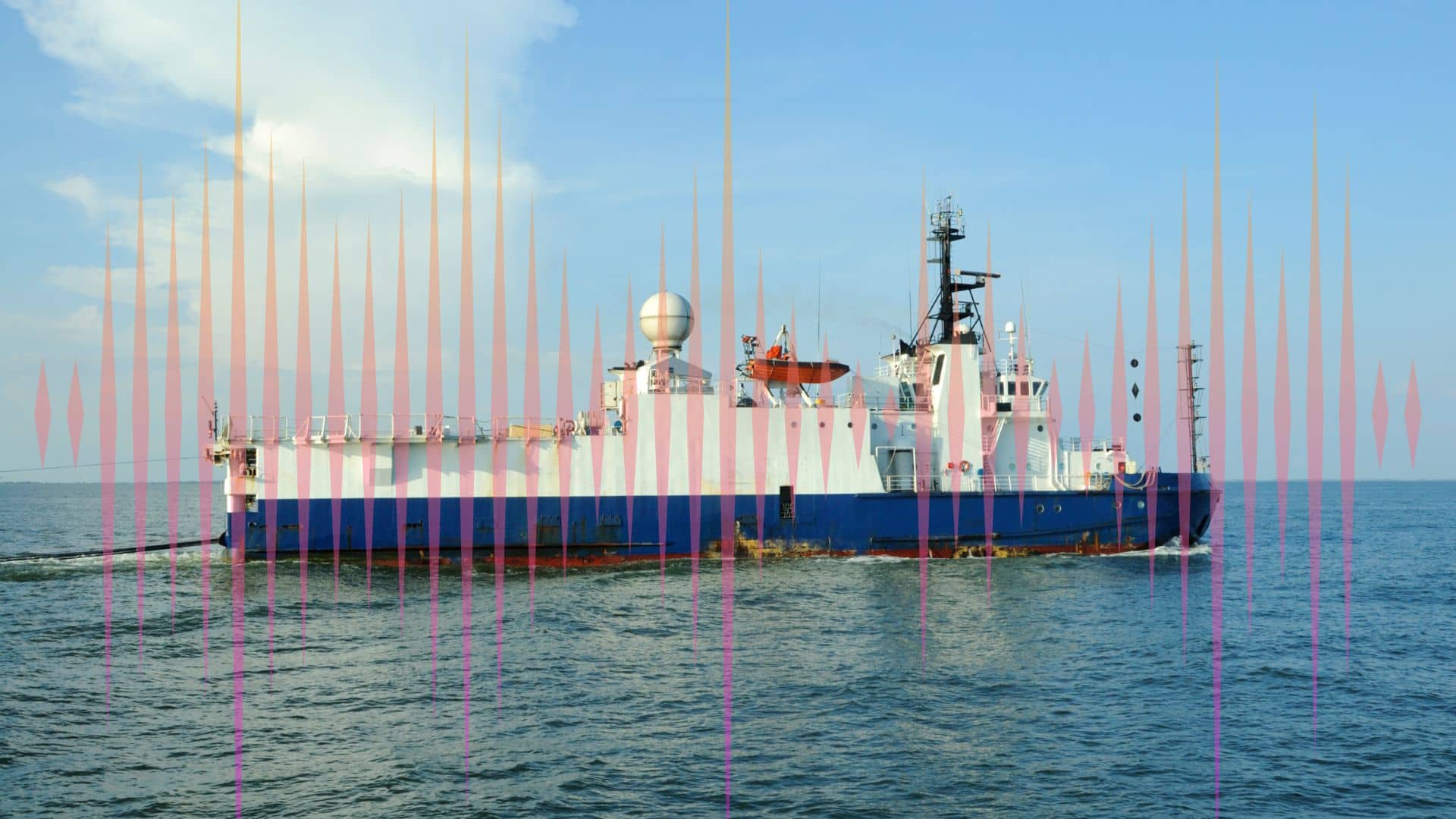In the ever-evolving landscape of the oil and gas industry, innovation is the driving force that propels operations forward. The significance of sound in the oil and gas industry is growing, with the integration of new sound system technology.
While often overlooked, sound plays a crucial role in ensuring the safety, efficiency, and overall success of operations in this sector. In this blog, we will delve into the cutting-edge advancements in sound system technology that are reshaping the oil and gas industry.
The Significance of Sound in Oil and Gas Operations
Sound serves as a powerful tool in the oil and gas industry, providing insights and solutions across various domains.
Monitoring Equipment Health
Sound can be used to detect anomalies and irregularities in machinery. By analyzing the acoustic signatures of pumps, compressors, and other critical equipment, operators can identify potential failures before they lead to costly downtime or accidents. .
Leak Detection
Leaks in pipelines and equipment can have devastating environmental and financial consequences. Advanced sound detection systems can identify the unique acoustic signatures of leaks, allowing for rapid response and mitigation.
Structural Integrity Assessment
Offshore platforms and facilities are subjected to harsh environmental conditions. Sound-based technologies can assess structural integrity by analyzing the vibrations and resonances of these structures, ensuring the safety of personnel and the environment.
Seismic Exploration
In the exploration phase, sound is utilized for seismic surveys to map subsurface geological structures. This helps in identifying potential drilling sites and estimating the presence of hydrocarbons.

Advancements in Sound System Technology
Recent breakthroughs in sound system technology are revolutionizing the way the oil and gas industry operates:
Advanced Acoustic Sensors
State-of-the-art acoustic sensors equipped with AI algorithms can differentiate between normal operational sounds and abnormal patterns. This real-time analysis enables predictive maintenance, reducing downtime and increasing operational efficiency.
Distributed Acoustic Sensing (DAS)
DAS technology uses optical fibers installed along pipelines to convert them into highly sensitive acoustic sensors. This allows for continuous monitoring of the entire pipeline, detecting leaks, intrusions, and structural issues with unparalleled accuracy.
Machine Learning and AI
Artificial intelligence is being harnessed to process vast amounts of acoustic data quickly. Machine learning algorithms can identify patterns and trends, aiding in predictive maintenance, anomaly detection, and optimization of operations.
Underwater Acoustic Communication
Offshore drilling and exploration often require communication in challenging underwater environments. Advanced underwater acoustic communication systems enable real-time data transmission, enhancing coordination and safety.
As we peer into the future, the potential for sound system technology in the oil and gas industry seems boundless. Continued advancements will likely lead to even more sophisticated systems that can monitor and manage operations remotely, further minimizing risks and enhancing efficiency.
From predictive maintenance to leak detection and beyond, these advancements are changing the way operations are conducted, fostering safety, efficiency, and environmental responsibility. As the industry continues to embrace and innovate upon these developments, we can expect to see a more resilient, sustainable, and prosperous future for oil and gas operations.
